You spent the whole day answering work emails, running errands, and caring for your kids. Yet when night falls, you’re furiously counting sheep instead of catching z’s. Needless to say, your next-day energy levels are almost non-existent, and you end up feeling and functioning at a suboptimal level due to a lack of sleep.
When you aren’t able to fall asleep or stay asleep at night, you’re not getting the sleep you need, meaning you’re racking up sleep debt (how much sleep you owe your body over the last 14 nights). The effects of sleep debt can be felt immediately, impacting everything from your productivity at work to how positive you feel during the day, with the inevitable lower energy levels meaning you’re not functioning or feeling your best.
This might leave you wondering how it’s possible you’re asking yourself how to make yourself tired at night — indeed, you know you’re incredibly tired! As it happens, your struggle to fall asleep and stay asleep has likely nothing to do with how tired you are.
This post will show you that meeting your sleep need (the genetically determined amount of sleep you need) is not about finding the right sleeping position or monitoring your sleep quality (for which there's no scientifically agreed upon definition). Instead, learning how to improve your sleep hygiene (key behaviors practiced throughout the day paired with your circadian rhythm) will help you fall asleep and stay asleep to get the rest your body needs.
How does tiredness work?
What is sleep hygiene?
How can I make myself feel tired?
If you’re wondering how to make yourself tired so you fall asleep and stay asleep, the first thing you really need to know is how tiredness “works.”
Your sleep drive and circadian rhythm are two independent processes that work together to control your sleep-wake cycle; which is to say, together they determine how much you need to sleep and the timing of that sleep. Understanding how your sleep drive and circadian rhythm interact with each other is the foundation for helping you get the hours of sleep you need for better energy the next day.
Your sleep-wake cycle relies on sleep pressure to operate normally. Sleep pressure is the gradual buildup of adenosine — an organic compound that causes drowsiness — to help you fall asleep at night. So, how does sleep pressure relate to your sleep drive (aka sleep homeostasis)?
You can think of sleep homeostasis as a seesaw that wants to be level. When sleep pressure builds during your waking moments on one end, the seesaw becomes unbalanced. This prompts you to go to bed at night and purge your brain of adenosine while you sleep, returning the seesaw to its balanced state come morning.
When your body isn’t given the chance to meet its sleep need, it can’t fully remove adenosine. The leftover adenosine or resulting sleep debt is why you don’t have to wonder about how to make yourself tired — your body will carry over the remaining adenosine to the next day. Instead, what you need to do is to learn how to work with your circadian rhythm, which dictates the ideal timing of sleep (and practice good sleep hygiene so as to not interfere with that process) to help you get the sleep you need.
Understanding how your sleep drive works is fundamental to getting quality sleep, but it’s not the only factor. The other part of the equation is your circadian rhythm, your internal clock that operates in roughly 24-hour periods.
Your circadian clock dictates how your energy levels fluctuate throughout the day and plays a key role in helping you get to sleep at night. When you wake up, light triggers your circadian master clock — the suprachiasmatic nucleus (SCN) in your brain — to produce circadian-alerting signals and neutralize drowsiness. These signals increase steadily from the moment you rouse until quieting down temporarily in the afternoon (i.e., your afternoon dip). They then pick up again.
As you get closer to your bedtime, your sleep drive is at an all-time high. In response, your internal clock puts in one last burst of energy to produce peak levels of circadian-alerting signals and try to combat the increased sleepiness. This is why you usually experience an energy surge during the few hours before bed (we call this phase your Evening Peak in the RISE app).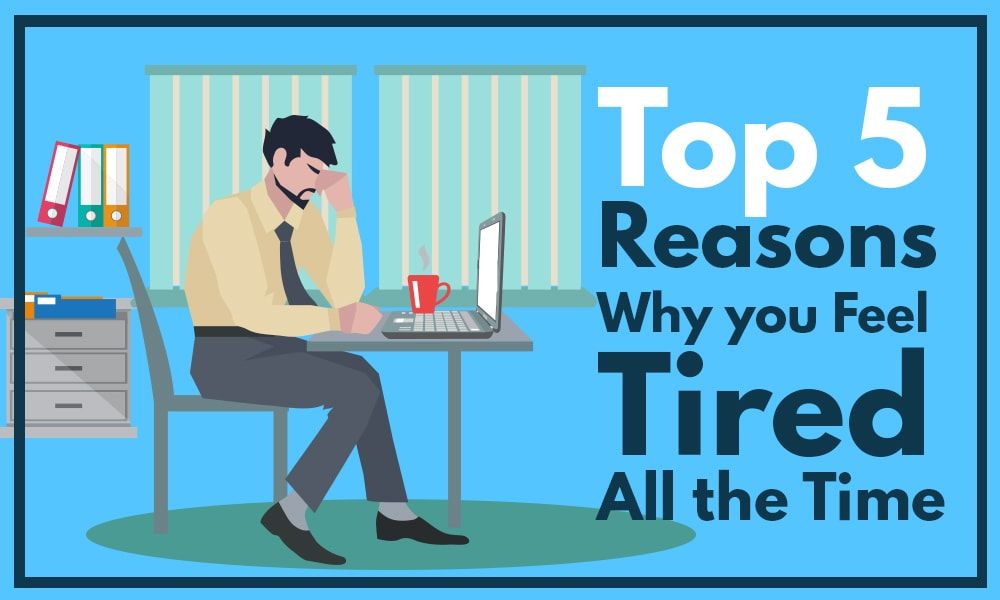 This is why falling asleep 2-3 hours before your biological bedtime is nearly impossible, which is something you’ve probably encountered when traveling east between different time zones (it’s more difficult to bring your bedtime forward than delay it).
This is why falling asleep 2-3 hours before your biological bedtime is nearly impossible, which is something you’ve probably encountered when traveling east between different time zones (it’s more difficult to bring your bedtime forward than delay it).
Past this second energy peak, the circadian signals lose their intensity due to the absence of light. Faced with an overpowering sleep drive, you’ve reached your prime time for sleep, which we refer to as your Melatonin Window in the RISE app (more on that later).
If you’re wondering why you have trouble sleeping at your target bedtime, circadian misalignment is often the crux of the problem. External factors like caffeine have the power to keep your body up later than it would naturally like, upsetting your internal clock. Things like light exposure, your previous sleep-wake times, temperature, food, and exercise all have the power to influence and therefore misalign your circadian rhythm, too.
Sleep hygiene is the name for the set of habits you can do throughout the day to help you sleep at night. But why is this important?
But why is this important?
Getting the sleep you need isn’t about how to make yourself tired (which, in reality, is redundant since you are most likely already sleep-deprived). Instead, the question you should be asking yourself is, “How can I fall asleep quickly and stay asleep?”
The answer: By understanding your circadian rhythm and developing better sleep hygiene to help you meet your sleep need. But, these two things aren’t completely separate. In fact, sleep hygiene is most effective when paired with your individual circadian rhythm.
For example, if you know the start of your Melatonin Window, you can make sure you don’t get too much light exposure too close to your bedtime. The RISE app helps you estimate when you should start wearing your blue-light blocking glasses to prevent artificial light from suppressing your body’s natural melatonin production, better known as the sleep hormone. Doing so ensures you’ll have optimal melatonin levels to help you feel sufficiently sleepy by the time your bedtime rolls around.
This, in turn, promotes a virtuous cycle of hitting the sack at the best time for your sleep cycle so you can meet your sleep need.
But remember sleep hygiene isn’t purely about your bedtime routine and sleep habits. Instead, sleep hygiene also includes daytime behaviors that affect your nightly slumber. Practicing the daytime do’s and don’ts per our recommendations below can help you feel sufficiently sleepy when it’s time for bed.
For a more in-depth read on how to improve your sleep hygiene at any time of day, check out our Sleep Guide.
There are some things you can do to make falling asleep easier in the moment, but a lot of these behaviors start earlier in the day. Here are 23 ways you can make yourself feel tired either straight away or night after night.
Irregular sleep and wake times trip up your circadian rhythm and cause circadian misalignment.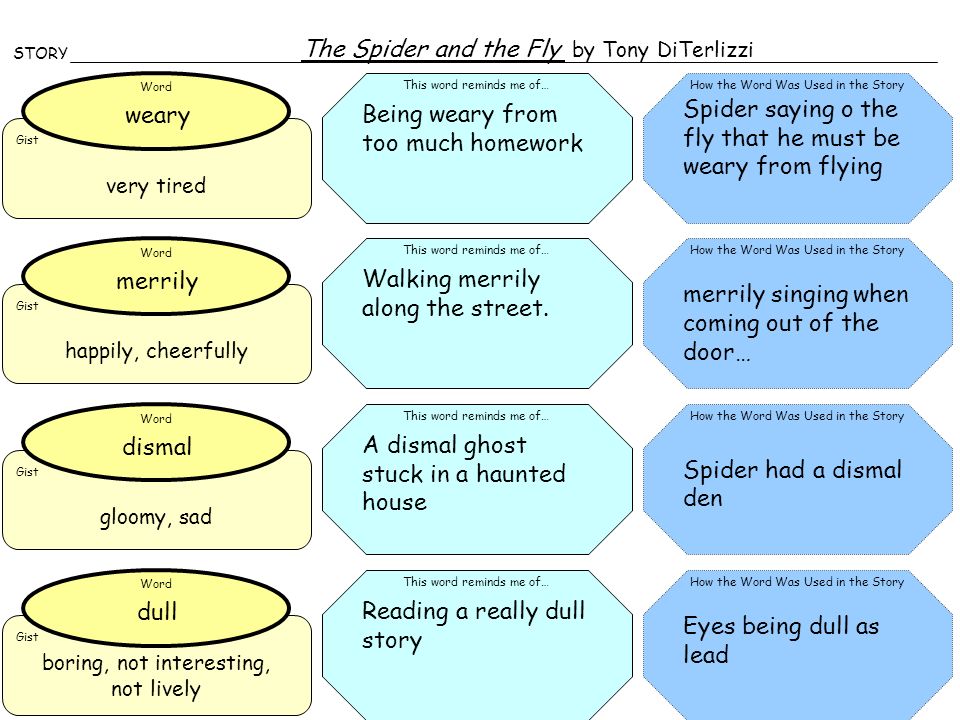 This disrupts the hormones regulating sleep, making it harder to fall asleep when you want to. Beyond sleep hormones, circadian misalignment throws off hormones regulating your metabolism, inflammation, and almost every other process in your body, draining you of energy and impacting your mood, weight, and many other functions.
This disrupts the hormones regulating sleep, making it harder to fall asleep when you want to. Beyond sleep hormones, circadian misalignment throws off hormones regulating your metabolism, inflammation, and almost every other process in your body, draining you of energy and impacting your mood, weight, and many other functions.
For many, the workweek revolves around an early sleep schedule. When the weekend rolls around, we tend to keep late nights for social calls and sleep in the next morning. Unfortunately, this sets you up for social jetlag (a disconnect between your biological and social times), which is why you have difficulty snoozing on Sunday night even if you’ve gone to bed early.
Keeping your sleep patterns regular is one of the best ways to strengthen your circadian rhythm and help you reliably go to sleep when it’s best for you. Aim for a consistent sleep schedule that accounts for your sleep need and chronotype (i.e., your biological timing preferences for sleeping and waking; morning bird, night owl, and everything in between).
Knowing when to go to bed is vital to falling asleep more easily and remaining asleep throughout the night. But, there’s a huge difference between trying to go to bed earlier and knowing exactly when that optimal window of time is.
RISE takes the guesswork out of finding the best time to go to sleep by calculating your biological bedtime based on your recent sleep times and circadian rhythm. We call it your Melatonin Window in the app, which may change from day to day, depending on external factors and how consistent your sleep schedule has been.
As darkness falls, your brain starts producing melatonin about two hours before bedtime in what scientists call the dim light melatonin onset (DLMO). About two hours later, you’ll reach your Melatonin Window, a prime time for sleep as your body’s melatonin production hits peak levels.
When you don’t go to bed during your Melatonin Window (read: you sleep earlier or later), it's harder for you to doze off as your body now has less melatonin to work with. RISE can help you hit the sack at the right time to avoid the above scenario. Go to the "Energy" tab in the app and add the “Melatonin Window” habit to your "Energy Schedule." This way, you won't miss out on your prime time for sleep.
RISE can help you hit the sack at the right time to avoid the above scenario. Go to the "Energy" tab in the app and add the “Melatonin Window” habit to your "Energy Schedule." This way, you won't miss out on your prime time for sleep.
Napping lowers your sleep drive, or the urge to sleep, so if you nap too close to bedtime or nap for too long, it will be harder to fall asleep at night.
Check RISE to see when your afternoon dip in energy is. This is the ideal time to take a nap.
Plus, keep naps to 90 minutes maximum (the longer you sleep, the more sleep pressure you release). Alternatively, a shorter nap — think 10 to 20 minutes — may be the best nap length instead, as power naps can boost alertness, memory, and performance, without interrupting nighttime sleep.
Light is a major contributing factor to circadian misalignment but light at the right times can make it easier to fall asleep and stay asleep come bedtime. Exposure to sunlight in the morning prompts your brain to suppress melatonin — waking you up — and raises cortisol (a hormone that encourages alertness) and serotonin (a mood-regulating neurotransmitter). About 12 hours later, this serotonin will get converted into melatonin to help you feel sleepy.
Exposure to sunlight in the morning prompts your brain to suppress melatonin — waking you up — and raises cortisol (a hormone that encourages alertness) and serotonin (a mood-regulating neurotransmitter). About 12 hours later, this serotonin will get converted into melatonin to help you feel sleepy.
Aim to get at least 10 minutes of light as soon as possible after waking up to reset your circadian rhythm. Natural light is best, but a light box can work if this isn’t an option. If it’s cloudy outside or you’re getting light through a window, aim to get 30 minutes of light exposure instead.
Light isn’t just important in the morning. Aim to get four to five hours of bright light exposure during the day, too. Work by a window, go for a walk, and take your workout outside to maximize how much sunlight you get.
Research shows light exposure during the day can make you less sensitive to bright lights come evening. That brings us to our next tip.
Where light can work for you in the morning to help you wake up, it can also work against you at night and hinder your sleep.
Modern society has taught us to surround ourselves with artificial light when darkness falls — think blue-light-emitting electronic devices and street lights. This fools your brain into thinking it’s still daytime. Too much light at any intensity (bright or dim) may make us assume our inability to fall asleep is due to insomnia rather than the light sources around us.
In fact, research shows that exposure to artificial room lighting (less than 200 lux) at dusk:
With suboptimal melatonin levels to work with, it’s no wonder you don’t feel tired even when it’s time for bed.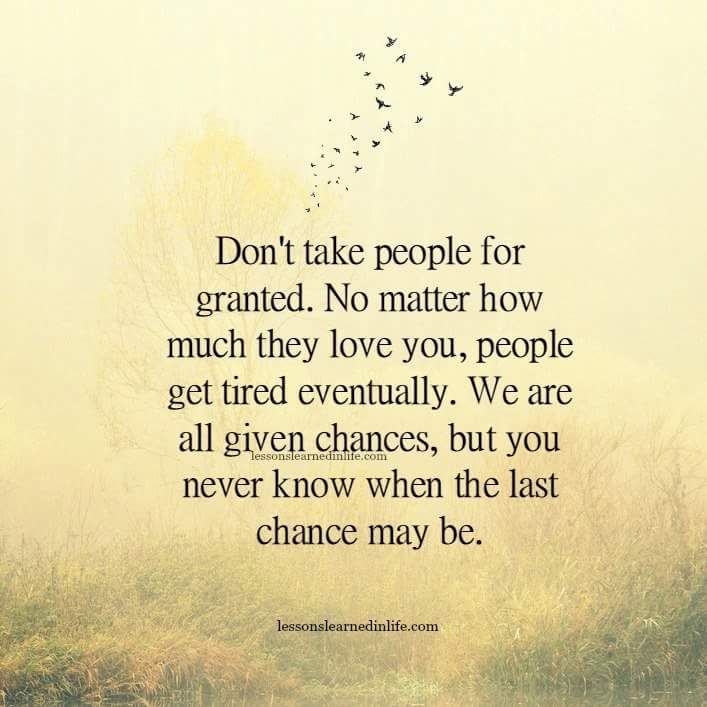
When dusk falls, wear blue-light blocking glasses and opt for dim lighting to help you fall asleep more easily. RISE can remind you when to wear your glasses to minimize blue light exposure. Go to the "Energy" tab in the app and add the “Blue-Light Blocking” habit to your "Energy Schedule."
Caffeine blocks the adenosine receptors in your brain to keep sleep pressure at bay. For that same reason, caffeine keeps you up at night if you drink it too close to your bedtime. And caffeine can last in your system for up to 12 hours.
You can still enjoy a cup of coffee or two during the day without it impacting you at night, though. You just need to find out your unique cutoff time. This is the time of day you should stop drinking caffeine to give your body enough time to clear it out of your system by bedtime. RISE can work out when this is based on your circadian rhythm each day. Learn more about your ideal caffeine cutoff time for better sleep here.
You may liken alcohol to sleep medicine, but that’s a common misconception. The reason being, alcohol facilitates an easy transition into unconsciousness, but it’s coupled with frequent wake-ups in the middle of the night.
It’s best to abstain from alcohol entirely in the name of healthy sleep. But if you have to have a nightcap, drink it at least 3-4 hours before bed. The RISE app has an “Avoid Late Alcohol” habit that you can add to your energy schedule for timely reminders.
Large meals are yet another thing that can disrupt and push back your circadian rhythm, making it harder to fall asleep when you want to.
Have your last meal at least three hours before bedtime to stop this from happening. This will also stop things like acid reflux and digestive issues keeping you up or waking you up in the night.
Plus, there may be other health benefits to eating earlier, too.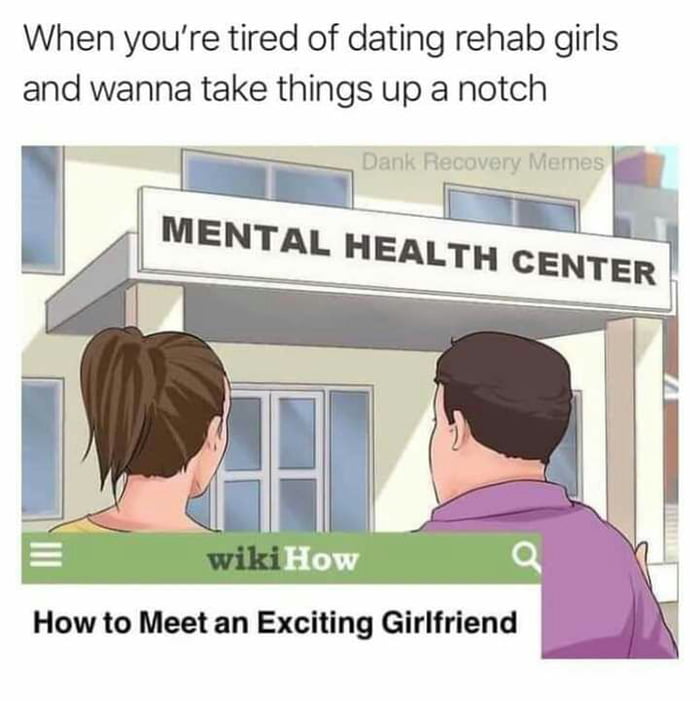 Research shows eating too close to bedtime messes with your glucose metabolism and is linked to weight gain.
Research shows eating too close to bedtime messes with your glucose metabolism and is linked to weight gain.
It’s not just when you eat, what you eat can also make it harder to fall asleep.
Avoid spicy, rich, fatty, high-carb, and sugary meals before bed as they can cause digestive issues and keep you up. Eating meals with lower fiber content and high saturated fat and sugar has been associated with lighter sleep and waking up more often in the night.
There are foods that can help you sleep, on the other hand. Turn to fiber-rich foods like beans, broccoli, and whole grains, as fiber has been linked to getting more deep sleep. Tryptophan is a sleep-promoting amino acid you can find in things like chicken, eggs, spinach, and chickpeas. You can learn more about how food affects your sleep here.
Regular exercise helps you fall asleep faster, promotes deep sleep, and recalibrates your circadian rhythm.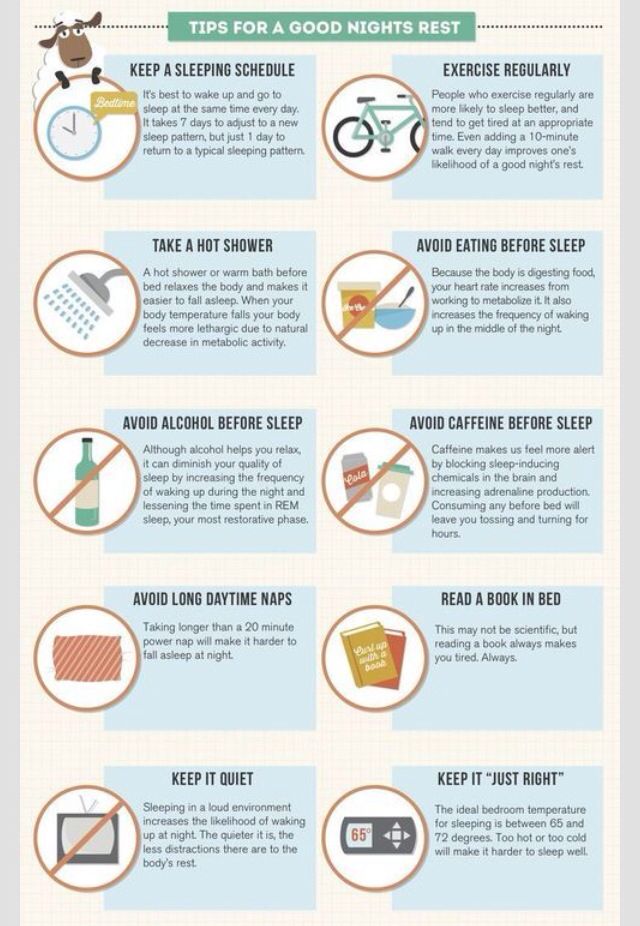 Intense exercise even increases adenosine levels, making you feel drowsier, and decreases sleep latency, the time it takes to fall asleep. So, if you don’t already, make sure to get some exercise each day to help you sleep at night.
Intense exercise even increases adenosine levels, making you feel drowsier, and decreases sleep latency, the time it takes to fall asleep. So, if you don’t already, make sure to get some exercise each day to help you sleep at night.
But exercising too close to your bedtime may be what’s keeping you from dreamland.
According to a 2018 systematic review in the Journal of Sports Medicine, participants who engaged in vigorous exercise less than an hour before sleep spent more time in bed wide awake.
Avoid working out at least one hour before your target bedtime. RISE can help you achieve this when you add the “Earlier Workouts” habit to your energy schedule in the app.
There is one exercise we endorse close to bedtime: sex. Orgasms trigger oxytocin and prolactin and suppress cortisol, making you feel more relaxed. Especially in women, orgasms can even slow down brain activity in the amygdala, hippocampus, and prefrontal cortex, which reduces alertness, anxiety, and decision-making thinking, making it easier to drift off.
Even orgasms from masturbation have been associated with better sleep latency and better sleep quality.
We’ve all been guilty of staying up way past our sleep time — even when nothing is keeping us from it. Perhaps you’ve been busy all day, and this is the only free time you have to scroll through social media on your cell phone. No matter your excuse, you’re engaging in bedtime procrastination.
An evening wind-down is the perfect pre-sleep routine to help you step away from slumber-distracting tasks and focus on slowing down your body and mind. Make time to do relaxing activities like reading, journaling, yoga, or listening to calming music.
You can personalize your wind-down in the RISE app to your liking. Turn on the in-app notifications to give yourself a heads up on your wind-down 1-2 hours before bed.
Temperature is hugely important to getting a good night’s sleep. Keep your bedroom at a cool 65 to 68 degrees Fahrenheit and make sure your bedding or night clothes aren’t making you too warm.
A hot shower or a warm bath can also help to cool you down before bed. The warm water helps to mimic the natural drop in your body temperature you get before bed, boosting your chances of more restful sleep. The warm water dilates the blood vessels near the skin surface, which are then exposed to cool air when you emerge from your shower or bath, cooling your body down rapidly. A warm bath or shower can also be part of a calming bedtime routine, too.
As well as keeping your bedroom cool, make it dark and quiet. Use blackout curtains and an eye mask and ear plugs. If you get up in the middle of the night to use the bathroom, avoid using bright overhead lighting and use your phone flash light instead. If earplugs aren’t enough to block out noise, try a white noise machine.
If you have high cortisol levels, you may find yourself physically tired but mentally wired, meaning you toss and turn late into the night.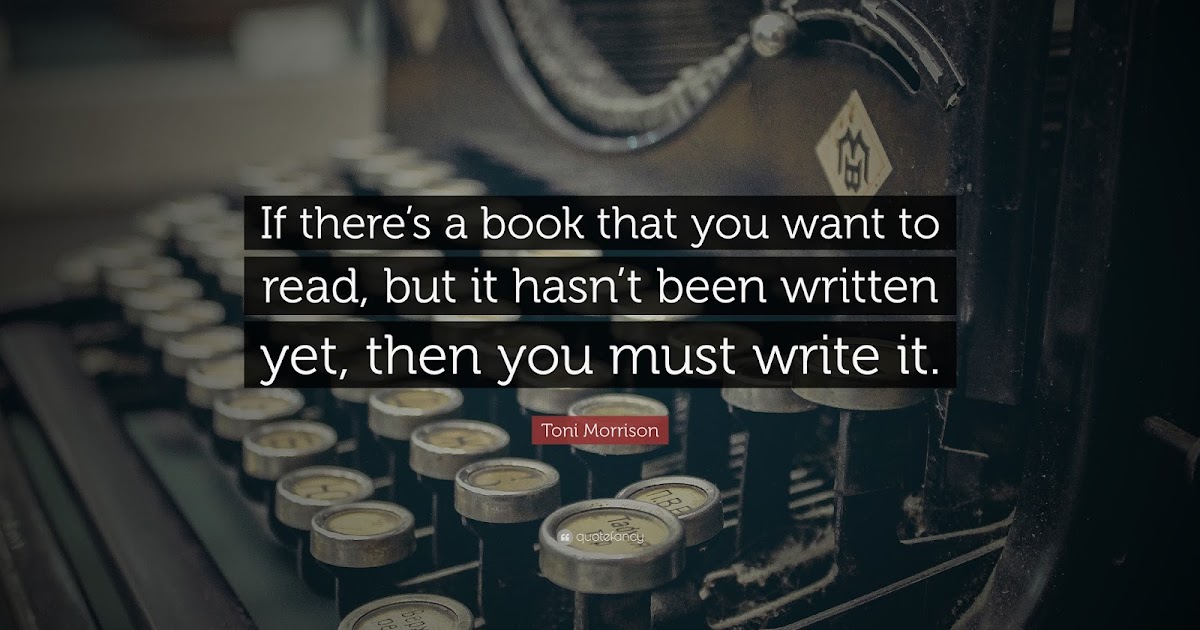
High cortisol levels can be caused by:
To lower your cortisol levels, maintain excellent sleep hygiene to help you stay in sync with your circadian rhythm and practice stress-busting techniques like spending time in nature, reading, and implementing a wind-down routine before bed.
If you’re struggling to feel sleepy at night, you might be tempted to reach for an over-the-counter sleep aid. But these medications not only come with many health risks and side effects, they don’t help you get naturalistic sleep. Plus, when you stop using them, you may experience rebound insomnia, meaning the sleep problem you were trying to fix is suddenly even worse.
There are rare occasions when melatonin, a supplement version of the natural sleep hormone, can be useful.
Consider taking melatonin to help you fall asleep when shifting your circadian rhythm. This happens when:
If you do turn to melatonin in these cases, the RISE app can tell you the best time to take the supplements to help you feel sleepy at your desired bedtime.
For a deeper dive into the safety, side effects, and alternatives to sleep aids, head here.
If you wake up during the night and have trouble falling back to sleep, you can perform a sleep reset. Tossing and turning in bed while watching the clock will only hike up your cortisol levels and make it harder to fall back to sleep. Instead, get out of bed and do a relaxing activity like reading until you feel sleepy.
If you’re trying to bring your sleep schedule forward — perhaps you’re a night owl trying to become a morning person — it helps to do things gradually.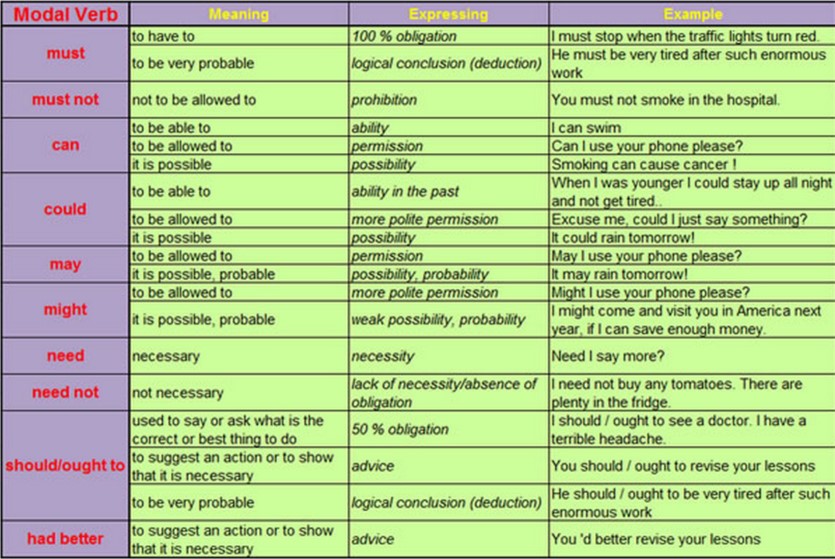
Set a bedtime that’s 15 minutes earlier every few days, instead of making huge jumps. This way, your circadian rhythm can slowly get used to the change and you’ll start to feel sleepy at an earlier time.
You can learn how to reset your sleep schedule here.
This is another tip that can help you feel tired in the moment. Relaxation techniques and breathing exercises can not only slow down your body and mind, they can give you something to focus on to stop your mind whirring with anxious thoughts.
You can try:
 Try imagining parts of your body getting warmer or heavier.
Try imagining parts of your body getting warmer or heavier.The RISE app can guide you through relaxation and deep breathing techniques like these.
Calming, slow, relaxing music can help you wind down and feel sleepy. It can also provide a distraction if anxiety is keeping you up and block out any sounds that may disturb you.
Relaxing classical music has been shown to improve perceived sleep quality in students and soothing music has been shown to help older adults fall asleep more quickly and wake up less during the night.
As we’ve said, stress and anxiety can make falling asleep much harder. Another way to manage this is by doing a brain dump. Write down everything that’s stressing you out or make a to-do list for the next day.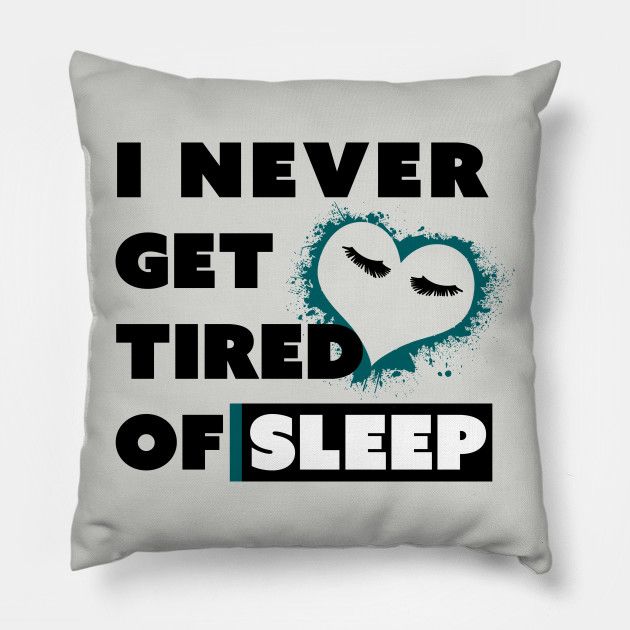
RISE can remind you to do a brain dump each evening. Plus, if you do your brain dump in the app, it will even remind you the next day, so you can drift off safe in the knowledge you won’t forget any important tasks.
We’ve explored more ways to curb anxiety at night here.
Science shows aromatherapy can work, so turn to essential oils to help you get some shut-eye. You need to choose the right ones though, as some can make you more alert while others make you feel drowsy.
Try these as they can increase drowsiness and feelings of relaxation:
Avoid these as they can increase alertness:
As you now know, better sleep hygiene and a consistent, well-timed bedtime, not sleeping pills, are the keys to feeling sufficiently tired at night to fall asleep and stay asleep. Get the RISE app today and observe how the amount of time you spend wide awake in bed significantly dwindles and your energy soars.
Get the RISE app today and observe how the amount of time you spend wide awake in bed significantly dwindles and your energy soars.
We include products we think are useful for our readers.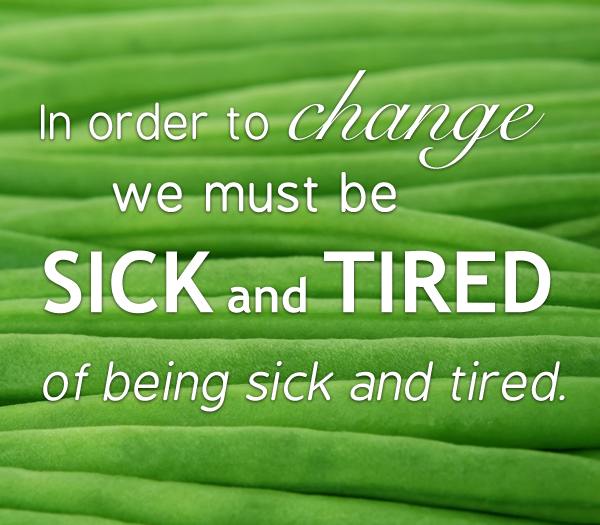 If you buy through links on this page, we may earn a small commission. Here’s our process.
If you buy through links on this page, we may earn a small commission. Here’s our process.
Want to finally get some dang Zzz’s, but you’re just not tired? One of the most frustrating sleep problems is having to get rest, but not feeling sleepy at all.
When you need to sleep ASAP but don’t feel drowsy, you may spend countless hours wide awake in bed. If counting sheep isn’t cutting it, here are a few ways to make yourself tired.
All your friends on social media who brag about essential oils may be onto something. Certain EOs have been associated with increased relaxation and better sleep quality.
Dab some lavender or damask rose oil on your wrists or pillow (after a patch test, of course, if you’ve never used it before), or add a few drops in a diffuser. It may just do the trick. But first, make sure you get the good stuff.
Want to wear yourself out so you feel tired? Exercising has been known to help us sleep better — just don’t do it too close to bedtime. If a sweat-fest doesn’t make you tired (it wires some people), try this muscle relaxation method.
If a sweat-fest doesn’t make you tired (it wires some people), try this muscle relaxation method.
Lie down and let your entire body feel heavy. Then practice tensing and releasing muscle groups from head to toe. Squeeze gently for about 5 seconds and then release each group (face, neck, shoulders, arms, etc.), one at a time.
A little namaste could help you get nocturnal. Yoga and meditation have both been shown to improve sleep, so moving around a little and making time to meditate could be a natural way to get those desperately needed Zzz’s.
Here’s a pill-free way to make yourself sleepy: Just turn down the heat, or turn up the air conditioner. Research has found keeping your room around 65°F (18°C) may help you fall asleep.
A warm shower or bath can also speed up your body’s natural tendency to get cooler at nighttime.
Think about it: Do you ever sleep well when you’re too cold or too hot? Heck no! If you’re wide awake and want to be in a REM cycle instead, try optimizing the temperature a bit.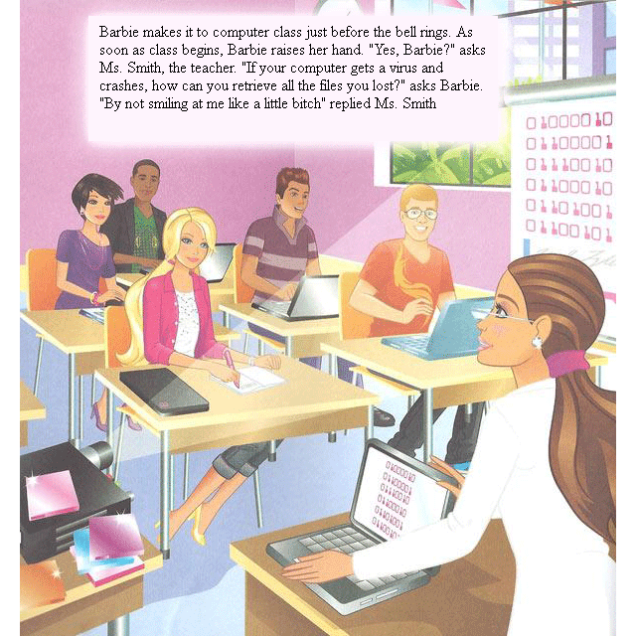
A little breathwork may be just what you need to head off to dreamland. Using the “4-7-8” method can induce relaxation, and it’s easy to try.
Some science says to turn all electronics off, but using an app on your phone like Calm or Unplug may help you relax enough to fall asleep.
Again, it may seem counterintuitive to glance at your phone when you’re trying to doze off. But when you consider that 1 in 3 adults don’t get enough sleep regularly — and you may be one of them — you might want to keep your phone nearby.
CBD (aka cannabidiol) still has a ways to go when it comes to definitive sleep research, but this active ingredient in the cannabis plant may help you get some shut-eye.
A small 2019 study found participants who took CBD improved their overall sleep scores by about 66 percent in the first month, but the result wasn’t consistent over time.
You can try over-the-counter (OTC) CBD oils, recipes, or check out our top CBD gummies for sleep.
Beyond your traditional “sleeping pill,” supplements like magnesium may help. Magnesium can fire up neurotransmitters that make you feel relaxed and tired. Taking 200 to 400 milligrams per day with food could help you zonk out.
Try drinking a cup of tea to get sleepy. Chamomile, lemon balm, passionflower, lavender, valerian root, and magnolia bark have all been tied to getting a better night’s sleep. As the latter varieties may not be as widely available, the OG sleepy-tea chamomile may be your best bet.
It’s hard to tell what sleep position you’re in if you toss and turn all night. People used to say that back sleepers had it best, but one study found that sleeping on your side was linked to better sleep.
When in doubt, change things up to get more comfy.
The writers of Go the F*ck to Sleep were really onto something. That page-turner starting to make you dose off? Reading could help you sleep (at least it’s been shown to in children)!
Just make sure you ditch the tablet and use a paper book or magazine. That’s because electronic devices emit blue light that can zap your much-needed melatonin levels (the hormone that helps you sleep).
Need something to read? Check out Greatist Reads, the official Greatist book club.
Products containing melatonin have flooded the market because it’s a natural way to get some Zzz’s.
Taking 0.5 to 5 milligrams 2 hours before your desired bedtime could improve the quality of your sleep and morning alertness.
5 HTP is an amino acid your body produces naturally that can increase your serotonin levels, which has been associated with sleep regulation. As a supplement it also can convert serotonin into the sleep-linked hormone melatonin.
Taking 300 to 500 milligrams per day has been an effective treatment for insomnia.
Gamma-aminobutyric acid (code name GABA) is a compound made in your noggin that may help your central nervous system calm the eff down.
As a supplement, a dose between 250 to 500 milligrams (don’t go over 1,000!) is recommended.
This amino acid is known for its sedative-like properties, which can sound like a dream come true if you want to sleep. Also known as L-theanine, it can raise levels of GABA, serotonin, and dopamine — all neurotransmitters tied to sleep.
According to one report, taking 200 milligrams per day aids in relaxation. A 2019 study also found that theanine and GABA together worked well on sleep quality and duration.
A note on sleep supplements
Before heading into dreamland via a sleep supplement like melatonin, 5 HTP, GABA, or L-theanine take note: Supplements aren’t proven to be 100 percent effective for sleep.
The optimal dosage is questionable (and varies per person). Plus, the best form to take that supplement like a chewable, dissolvable, pill, powder, etc., comes into play.
Plus, the best form to take that supplement like a chewable, dissolvable, pill, powder, etc., comes into play.
We also just don’t know if supplements (herbal or otherwise) can really cross the blood-brain-barrier and help us get to sleep freaky fast.
Whether you like sleeping in the buff, or you like to have a pre-sleep romp, both could help you conk out.
The feel-good cuddle hormones oxytocin and dopamine release after a sex sesh are known to help relaxation (aka why guys always pass out after sex). Sleeping nude can also help reduce your body temperature, which leads to better Zzz’s.
Got cold feet? If your feet feel like blocks of ice under the covers, it may be a good idea to put socks on. Cold feet cause less blood to circulate in your body, so keeping them toasty may signal to your brain that it’s time to shut down.
For optimum sleep, these techniques can’t work without getting enough sleep. You still need a good sleep foundation.
Sleep deprivation can make you feel terrible. Have a hard time feeling drowsy on the regular or not getting any sleep? If that’s the case, something more serious may be behind your sleep probs.
Have a hard time feeling drowsy on the regular or not getting any sleep? If that’s the case, something more serious may be behind your sleep probs.
Some health conditions and scenarios that make it hard to feel tired include:
If you have a hard time getting to bed regularly, it may be time to see to your doc. A healthcare provider can really help you get to the root of the problem. And, help you figure out a long-term treatment plan for a good sleep foundation with CBT (cognitive behavioral therapy).
pixabay.com
Is it possible to get tired of children? How can you complain if you only have one? Is it possible to say that it is difficult when there are thousands of women who cannot have children?
It is possible, because it gives us the right to be imperfect, not to chase after fashionable standards, not to take on everything that is possible. It is necessary, because it releases energy and strength for ourselves and children, which makes us alive, with our own mistakes and discoveries.
It is necessary, because it releases energy and strength for ourselves and children, which makes us alive, with our own mistakes and discoveries.
Mothers who are happy about their motherhood and madly in love with their children also get tired, regardless of the number of these same children and financial situation. But if you do not admit this to yourself and play the role of an omnipotent and all-understanding, sooner or later disappointment and exhaustion will come.
How not to get lost in your motherhood, says Irina Zatsepina, a psychologist and trainer in conscious motherhood.
Mom is also a person
So good that I remembered myself as a person in time and I did not have to go too long.
Almost 5 years ago, I got the opportunity to experience in my own skin what it means to be a mother.
How beautiful and innocent dreams of motherhood are when you are just planning. Oh, it seems that your life will be filled with new colors, sensations, and you are so happy that there is a small and cute bunch of "mimish" nearby.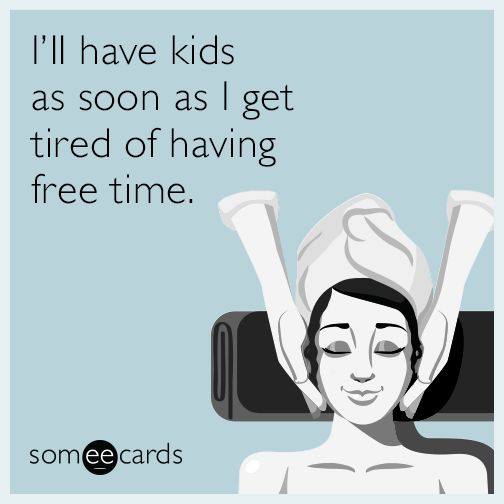
In my dreams, you are so beautiful walking down the street with a stroller, buying nice little booties and suits and squeaking with tenderness when your little one looks at you with his blue and clear eyes. And at home you relax, laugh together, sleep enough, you are closely engaged in the development of your little genius and are ready for great achievements with a lot of strength and enthusiasm, in general, you have such a sweet decree, and you are so completely satisfied.
Well, it is, in principle, except for a few factors. Dreams very quickly break on the stones of a completely ruthless reality, and suddenly, so disappointed, you begin to sob at night with the thought: “Why did I need all this at all.”
Those who went through this will understand what I'm talking about, and those who are just getting ready to go, don't be afraid, in fact, "cuteness" will be more than enough.
I can assume that this is not the case for everyone, but I personally think that many simply do not want to accept reality and prefer to lie to themselves a little so as not to destroy the pink idyll built earlier. I accepted these thoughts in myself and began to hate myself for them. She looked at her daughter and hated herself for thinking about the ease of life without her. This was my biggest insincerity to myself. Because life without children is indeed much easier, it is freer, sometimes more eventful, it is completely different, somehow empty, but this is a completely different story.
I accepted these thoughts in myself and began to hate myself for them. She looked at her daughter and hated herself for thinking about the ease of life without her. This was my biggest insincerity to myself. Because life without children is indeed much easier, it is freer, sometimes more eventful, it is completely different, somehow empty, but this is a completely different story.
Living with children means constantly learning to understand responsibility and accept it for absolutely everything. Sometimes you really want to close your eyes and at least for a moment find yourself in what seems to be a simple and carefree life. But it’s worth at this moment for a moment to meet your child’s gaze, and your heart begins to ache from a wild feeling of fear that he will suddenly not be there, a feeling of guilt that you even admit these thoughts. The insincerity is that we are afraid to admit to ourselves that we are very tired, and are ready to simply escape from this life to another, more iridescent and free. The fact that they are not ready to take responsibility for bringing themselves to such a state of desperate fatigue. The fact that we do not recognize the absolutely obvious fact - this little man completely turned our life upside down, and maybe, on the contrary, returned it to our feet, giving us the opportunity to learn how to live in reality. And much more. My parents will understand. Once I just confessed, and it became easier, because the feeling of guilt ceased to stifle.
The fact that they are not ready to take responsibility for bringing themselves to such a state of desperate fatigue. The fact that we do not recognize the absolutely obvious fact - this little man completely turned our life upside down, and maybe, on the contrary, returned it to our feet, giving us the opportunity to learn how to live in reality. And much more. My parents will understand. Once I just confessed, and it became easier, because the feeling of guilt ceased to stifle.
I really realized that I love my daughter without memory, yes, I have a wild fear of losing her, but I'm so tired that I just got lost in this life.
I got lost in motherhood, losing my husband, I started losing my daughter, no matter how paradoxical it may sound, I stopped feeling that I was there. It would seem that I am with her and at the same time very far away. And most importantly, I lost myself.
I ceased to exist as a woman, as a wife, as a person. I was left with a lump of self-pity, nerves, dissatisfaction and anger at everyone around. The husband from an attractive, dear and beloved person suddenly turned into someone else's roommate, with constant lustful desires, who absolutely does not understand how hard it is for me, and the worst thing is that he does not at all meet my expectations as a father, he does not know how to communicate with a child at all.
The husband from an attractive, dear and beloved person suddenly turned into someone else's roommate, with constant lustful desires, who absolutely does not understand how hard it is for me, and the worst thing is that he does not at all meet my expectations as a father, he does not know how to communicate with a child at all.
Yes, yes, that's how I saw myself and the people around me. They only bothered me with advice and generally did not understand anything about MY upbringing. Ha! Moreover, I am a psychologist, what could they understand! Now I can proudly say that my man and my family survived all this, I am proud of them and immensely grateful to them for their patience, understanding and support. In fact, now I am very ashamed, looking back, to see how wrong I was in my judgments about my relatives, people close to me and myself. I take this opportunity to bow at my feet and tell you, my beloved ones, THANK YOU SO MUCH.
But what happens? It seems that you tear your vest and try to be an ideal wife, mother, on holidays, when you have a little rest, - a mistress, but it turns out to be some kind of surrogate. You don't feel anything at all. From this it becomes wildly scary. And all this happens only because a woman, becoming a mother, forgets that she is also a person. By the way, men do not need our surrogate, love and passion squeezed out of themselves, they also want to see a person nearby, just a person with their own feelings and desires, and not a lump of claims and discontent.
You don't feel anything at all. From this it becomes wildly scary. And all this happens only because a woman, becoming a mother, forgets that she is also a person. By the way, men do not need our surrogate, love and passion squeezed out of themselves, they also want to see a person nearby, just a person with their own feelings and desires, and not a lump of claims and discontent.
What about a woman with her crazy schedule, rhythm, home, fatigue, worries, responsibilities and everything else? After all, to be honest, I want to beat everyone and generally not explain anything to anyone at times. I can't even imagine how mothers of many children feel. You are the heroine, that's a fact.
And yet, how not to go crazy and find that very woman in yourself, remember that, despite the fact that you are a mother, you continue to be a person.
Maintain the defense of your borders and personal space
Don't let your family take your body for their own.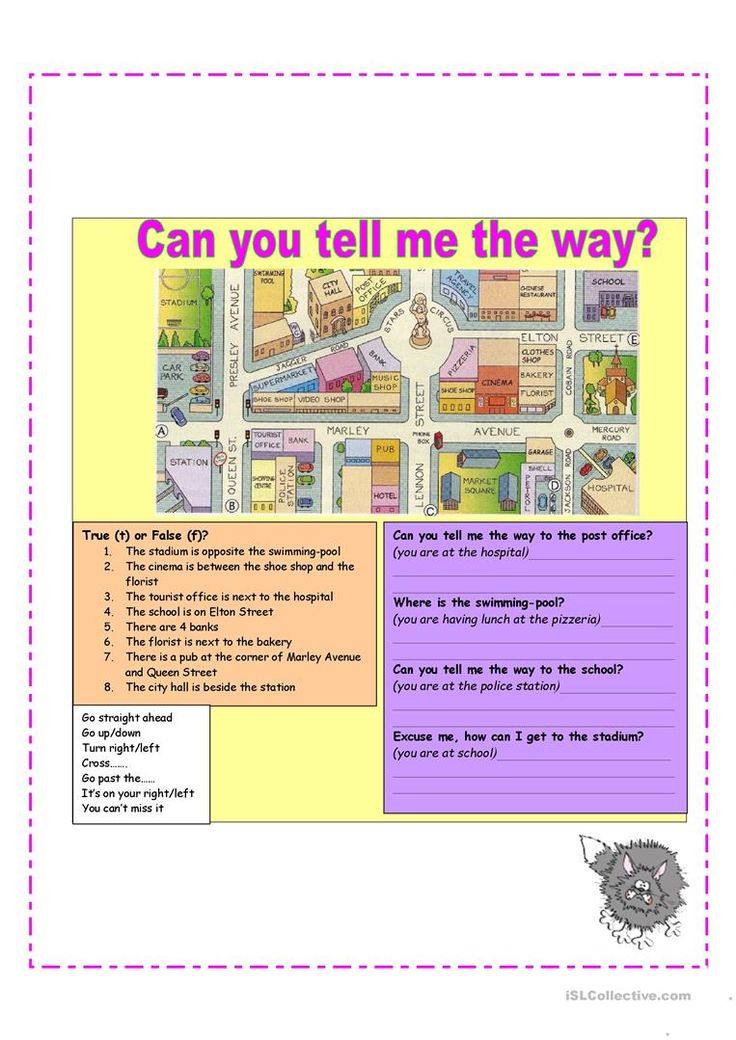 The first thing to remember is my body, it belongs to me, and only I decide what and how to do with it. I'm not talking about vulgarities now. I'm talking about boundaries and our irritation when we have to divide ourselves into many pieces without our own will. Through your attitude towards yourself and your body, you teach children to take care of themselves.
The first thing to remember is my body, it belongs to me, and only I decide what and how to do with it. I'm not talking about vulgarities now. I'm talking about boundaries and our irritation when we have to divide ourselves into many pieces without our own will. Through your attitude towards yourself and your body, you teach children to take care of themselves.
Build boundaries:
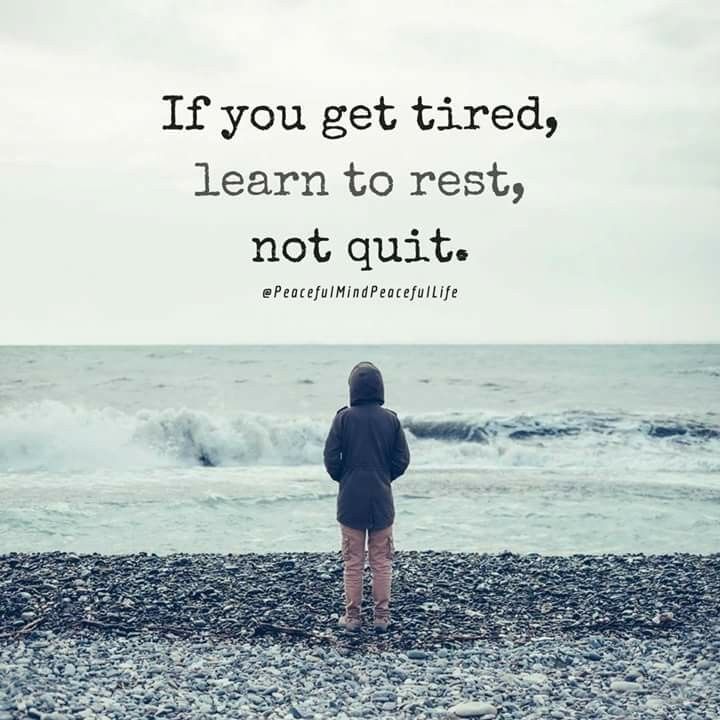 ”
” I think the general principle is clear. You do not have to give yourself completely, your body is your property. From our constant indefinite rent of ourselves to everyone and wasting energy on excuses and patience for what is unpleasant for us, a colossal supply of energy is wasted, irritability and wild fatigue accumulate, and then it makes itself felt guilty for all the negative that we feel in this moment. This is running in a vicious circle, which is just exhausting. In no case do I urge you to behave selfishly towards your relatives and always think only about your personal desires - no, everything is in moderation and adequately!
I'm just reminding you that you have the right to personal desires, I don't know about you, I forgot about this right after the birth of my daughter.
Stop trying to be perfect for everyone
Personally, when I think about a modern mother, with all the standards and expectations of society imposed on her, the association of an insensitive robot arises. Such a mother is a robot, constantly smiling, accepting everything (how many trainings on this topic, wow!), not having the right to scream, to negative reactions, to her own desires (she gave birth to a child - that's it, forget about your desires, you're not an egoist) , who, according to the principles of time management, is able to flexibly build her schedule and manage absolutely everything, necessarily combining work and personal life, otherwise she is not a successful housewife.
Such a mother is a robot, constantly smiling, accepting everything (how many trainings on this topic, wow!), not having the right to scream, to negative reactions, to her own desires (she gave birth to a child - that's it, forget about your desires, you're not an egoist) , who, according to the principles of time management, is able to flexibly build her schedule and manage absolutely everything, necessarily combining work and personal life, otherwise she is not a successful housewife.
And, of course, such a mother absolutely does not need rest, she is ready to arrange wild races naked around the apartment in the evening with her insanely pleased husband. And what is the funniest, and perhaps the saddest thing - for anyone like it - this is a real portrait of a modern ideal mother, to which society and its standards are calling us to strive. The only catch is that not a single living person, even a woman, despite our endurance, can simply physically withstand this.
We drive ourselves to such an extent that we forbid ourselves to feel anything at all in this race. We stop hearing ourselves and become truly robots. But only robots, unfortunately, are inherently dead, they are not alive. Here we are - women, striving for another ideal imposed from the outside, we die like living mothers, women, wives and lose our loved ones, because - who wants to live next to a corpse.
We stop hearing ourselves and become truly robots. But only robots, unfortunately, are inherently dead, they are not alive. Here we are - women, striving for another ideal imposed from the outside, we die like living mothers, women, wives and lose our loved ones, because - who wants to live next to a corpse.
Allow yourself to feel
Continuation of the previous paragraph. Once you stop chasing after dubious illusory ideal relationships, behaviors, upbringing, etc., you begin to face your feelings directly. And at first, only negative ones go.
Allow yourself to be alive!
Show your children your feelings, talk about them. Only in this way can you teach them to recognize their own feelings and learn how to interact with them correctly. But, again, there must be a conscious adequacy. You do not beat everyone in anger and do not break dishes in hysterics.
You say what you feel: "Forgive me, my dears, but I'm so angry now, I don't want to spoil your evening, give me the opportunity to be alone for a while.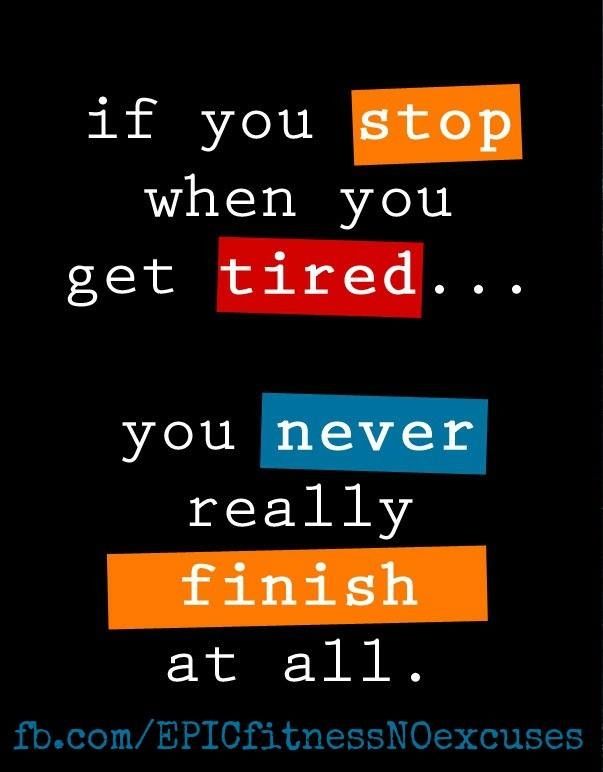 "
"
A real phrase from my life: “Diana, I ask you, please give me the opportunity to be alone now and calm down, I’m angry, very angry, I don’t want to scold you and spoil our mood, leave me for 5 minutes, then we’ll talk” .
It works. Do not think that your children will not be able to understand you, imagine for yourself what is better: to receive a slap in the face from a mother in a rage, a cry or a request to exhale and be alone?
Do not hesitate to teach your children by your own example how to ask for the right to be the way you are at different moments of your life. Only one remark - take responsibility for your feelings, do not make your loved ones guilty and be honest with them: "I'm angry now", "I feel uncomfortable now", "I'm angry because I don't know yet how to react to your act."
Try to avoid: “You made me hysterical”, “You made me angry with your behavior”, “You made me angry with your screams” and the like.
Trite, but true.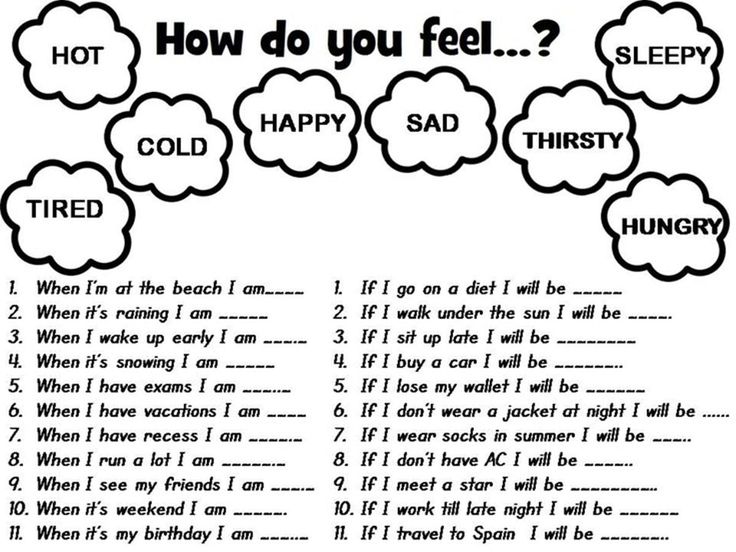 Treat yourself to pleasure in silence and only for yourself
Treat yourself to pleasure in silence and only for yourself
Bath in silence and solitude, sometimes, for 15 minutes in the evening, favorite book, treat yourself to something delicious, a movie, even if late in the evening, but in peace and quiet, only for yourself, sometimes just a cup of tea and silence.
Give yourself the opportunity to retire during the day for 5-10 minutes, just for yourself. You can find time for all this, don’t even try to tell me how busy you are, I proved by my own example that it is possible and necessary! You can postpone household chores for 10 minutes, just sit down and enjoy flipping through the magazine. Is it so important! We are ashamed to give ourselves gifts in the form of pleasures only for ourselves. If it’s tea, then on the run, if it’s delicious, then share it with everyone, and you try to buy for everyone and separately a little for yourself, you see, it’s so nice not to share your favorite treat for everyone, and sometimes eat a full portion and only bought for yourself .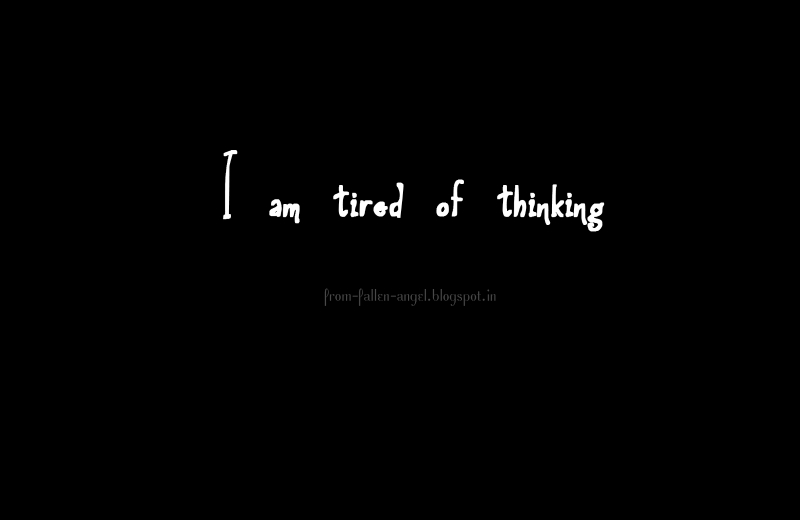 We, mothers, often lack such trifles, and life is built from trifles.
We, mothers, often lack such trifles, and life is built from trifles.
I decided for myself that there is nothing criminal in the fact that sometimes I will be selfish for 15 minutes a day. Alone in silence I will enjoy this state, and then, renewed inside, I will return to my relatives with a full vessel of love in order to share, share and share again.
Our main duty as mothers and women is to fill our relatives with such warm and necessary energy of love, acceptance and understanding. But in order to give, you need to have something that you really want to share, but where to get if we exhaust ourselves to the point of complete exhaustion?
Mom is also a person - a simple truth that allows you not to forget about yourself, and your relatives to keep themselves in control without exhausting you to the last drop! Moms, hold on!
Author: Irina Zatsepina
Adapted from: www.nashideti.site
Was this information helpful?
YesNo
See also: “Mom is sleeping, she is tired”: the son touchingly supported the head of the mother who fell asleep in the subway 9 simple ways for mothers to relieve fatigue Go to work and let the children go
Allowing yourself to admit this is already a feat for some people. And someone is already honest enough with himself to notice such things, but does not know how to satisfy this fatigue without harm to the family.
And someone is already honest enough with himself to notice such things, but does not know how to satisfy this fatigue without harm to the family.
Someone feels guilty about this feeling. And someone only dreams of leaving the children and going on a romantic trip.
Fatigue in itself is not a sin at all. One way or another, no matter how much we love children, fatigue can and will accumulate. And that's okay. Even the sweetest and smallest babies can be tiresome, and so can the most organized and independent children.
Why? Because we are all people, and each of us needs time for ourselves and for recuperation. And with children, even with large ones, even with small ones, forces are constantly wasted:

And all this is multiplied by the number of children.
It's normal to get tired when you "work" for yourself and for one more little person. Some people can't handle themselves (which is also normal). And taking time for yourself is also normal and important. But not everyone can afford it. And do it in such a way as to be filled with strength, and return to the family and affairs fresh and rested. But you can learn how to do it.
Sometimes it seems that taking care of yourself means doing obligatory things for yourself. Cooking, eating, washing, sleeping, buying shoes to look good - that's the whole spectrum. This is really very important. But that's not all.
Sometimes it seems like taking care of yourself is treating yourself to something nice: eating cake, going to the theater or a party, visiting an exhibition, or buying a new dress. Chat with a friend, or go on a weekend trip. This is also an important part of life.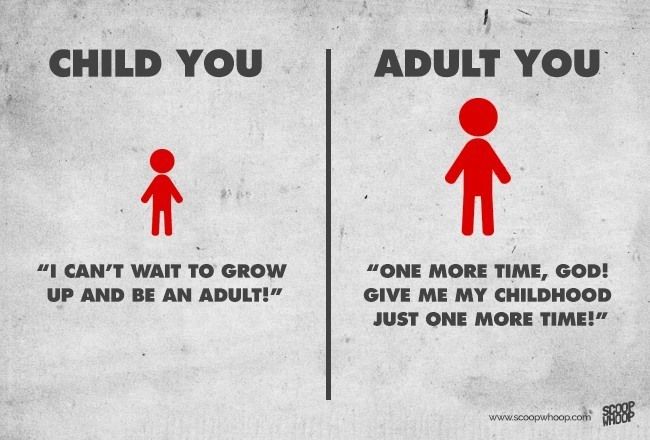
But taking care of yourself is not quite the same thing. Self-care is focused attention to yourself, to your needs. For your soul, if you will.
This is an opportunity to cancel something pleasant for yourself and something unpleasant in a day. For what YOU can praise yourself, and where YOU would like to be better. And allow yourself not to be better right now, but to leave this room for growth in something.
Be attentive to your body. Not to do a manicure on the run from work, worrying that you won’t have time to feed the child before the circle, but to notice the fatigue in the body: does it hurt. Relax if you are tense. Eat not only healthy / pleasant food, but also pleasant / healthy. And then, when the body asks for food.
Notice these desires of yours. Find time to be a woman. Notice what you are beautiful in today, admire yourself. Spend a little more time on evening washing and take a warm bath.
And these are just examples of resources - what gives you personally pleasure, inspires, gives strength.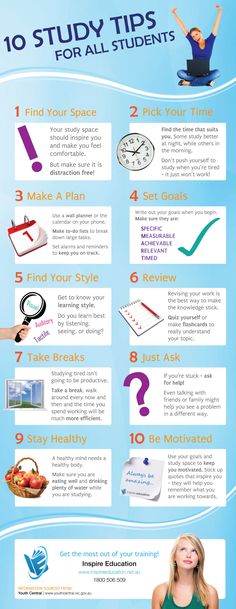 Someone will have a partial match, and someone will have a completely different set. The bottom line is to be mentally with yourself, to remember that you need to replenish your strength - bodily and spiritually.
Someone will have a partial match, and someone will have a completely different set. The bottom line is to be mentally with yourself, to remember that you need to replenish your strength - bodily and spiritually.
But it is often difficult for mothers to find time for themselves. Indeed, there are a lot of things to do - every day this cycle repeats again and again. There are two solutions here. You can apply one at a time or both at once.
The first is the transfer of responsibility.
Ask your husband/mother for help, entrust adult children with some of your worries, hire a nanny for two hours a week, after all.
And yes, it is often scary. Because (it often happens) no one can do it as well as you do. And this is also often the case. But let it happen.
Let go of this worry - just for one small piece of the day. Let the children not be so well fed and washed, but they will not die of hunger, and, most likely, they will not even get sick.
If the lessons are not done - well, it will be a good experience of independence for the child. If you are still worried, prepare for this time. Leave instructions like this, ready meals, tomorrow's schedule (and a list of what needs to be done). And let go. Become for a while for yourself that child that no one but yourself will take care of. Wrap yourself in attention and care.
If you are still worried, prepare for this time. Leave instructions like this, ready meals, tomorrow's schedule (and a list of what needs to be done). And let go. Become for a while for yourself that child that no one but yourself will take care of. Wrap yourself in attention and care.
The second option is small acts of attention to yourself.
Five minutes to remember the day before going to bed. Ask yourself general questions: what was good and what was hard, in what you are satisfied with yourself, in what you were beautiful.
Pass attention through the body: feel your posture, breathing, pay attention successively to your toes, feet, shins, thighs, buttocks, lower back, back, shoulders, chest, abdomen, forearms and palms, neck and nape, crown, forehead, eyebrows, cheeks, eyes.
Such a movement of attention from below up through the body allows you to return to yourself, be with yourself and relax the body. Sleep after that is more complete and restful, and rest is much better.